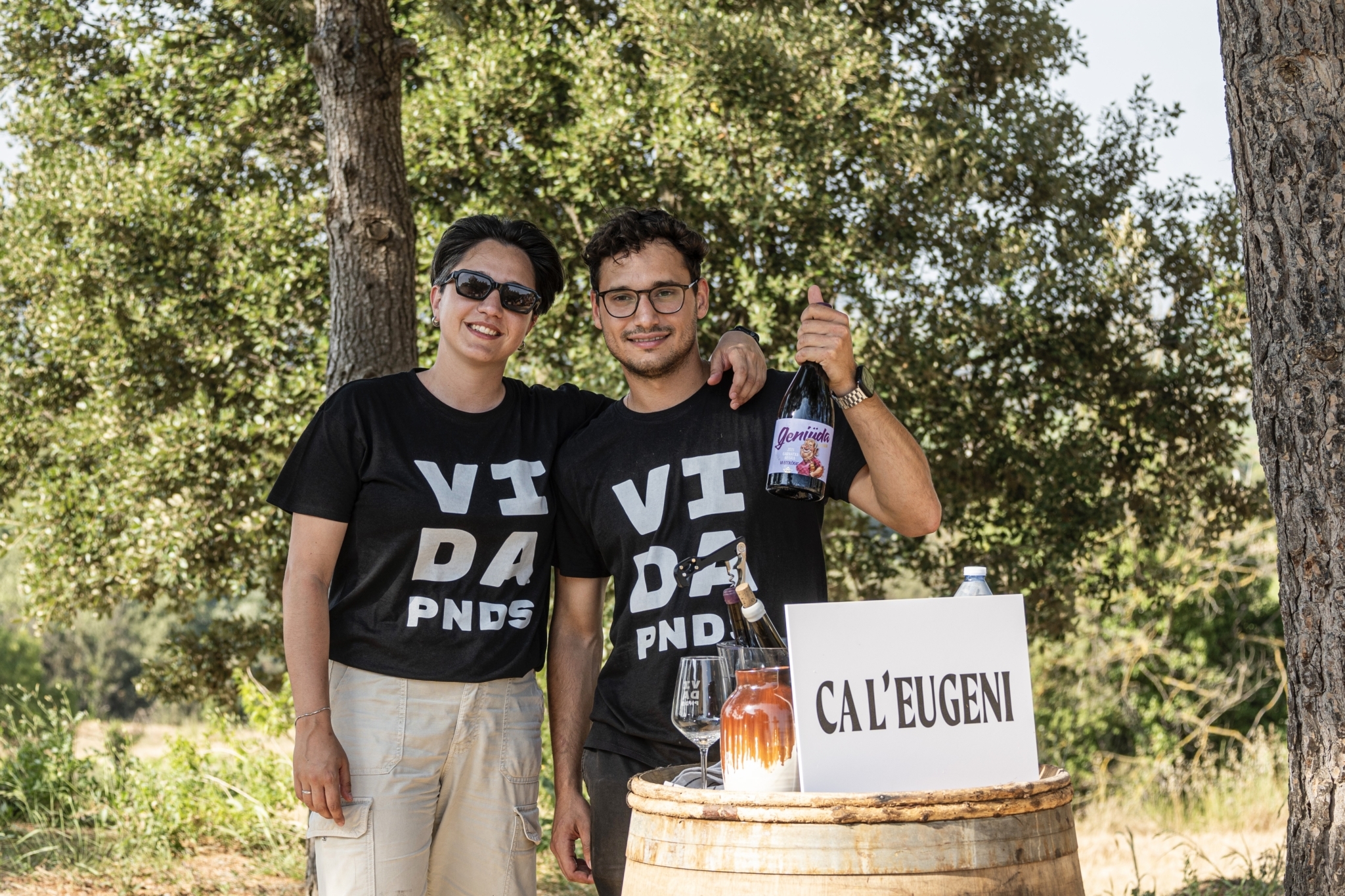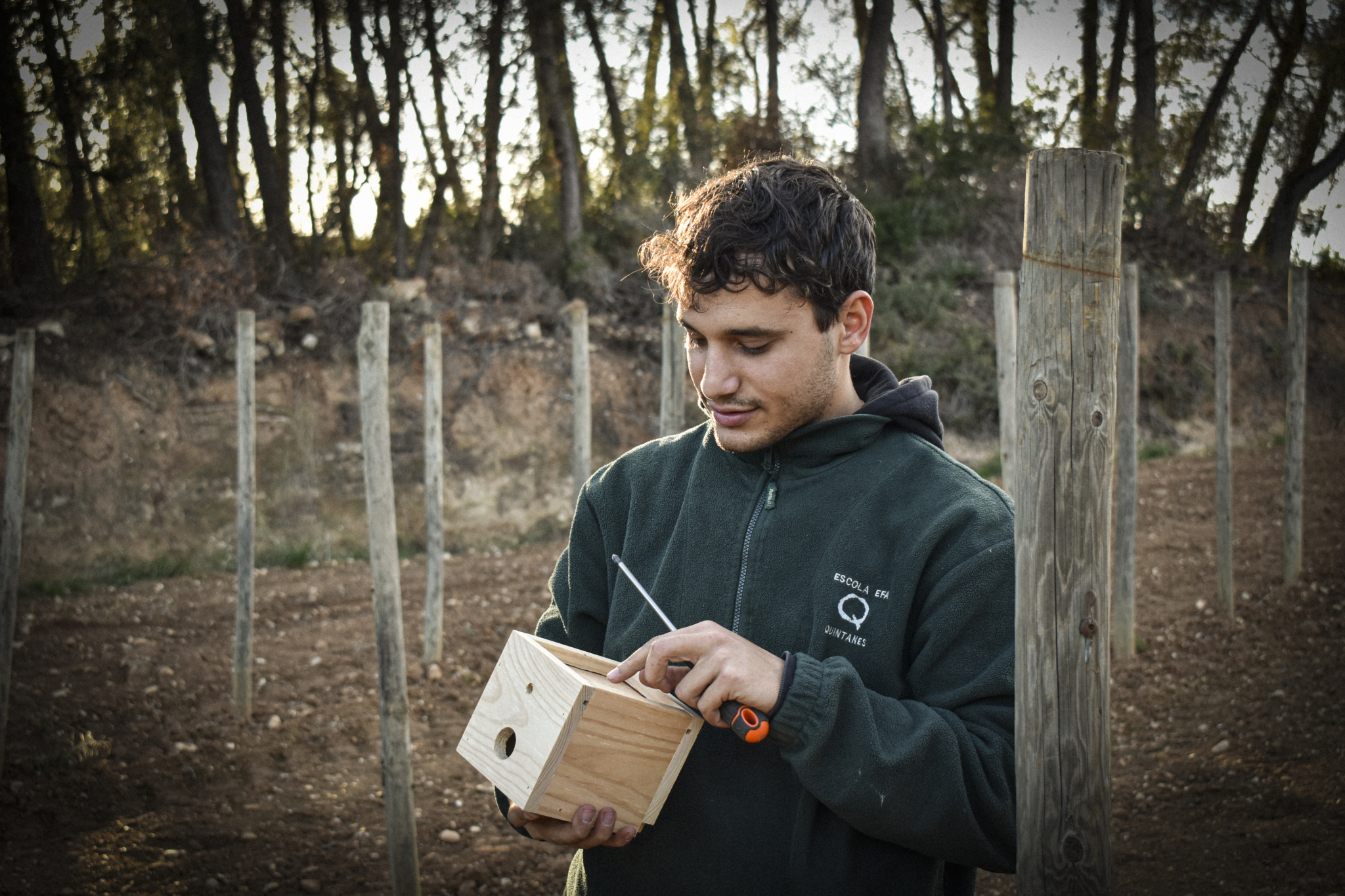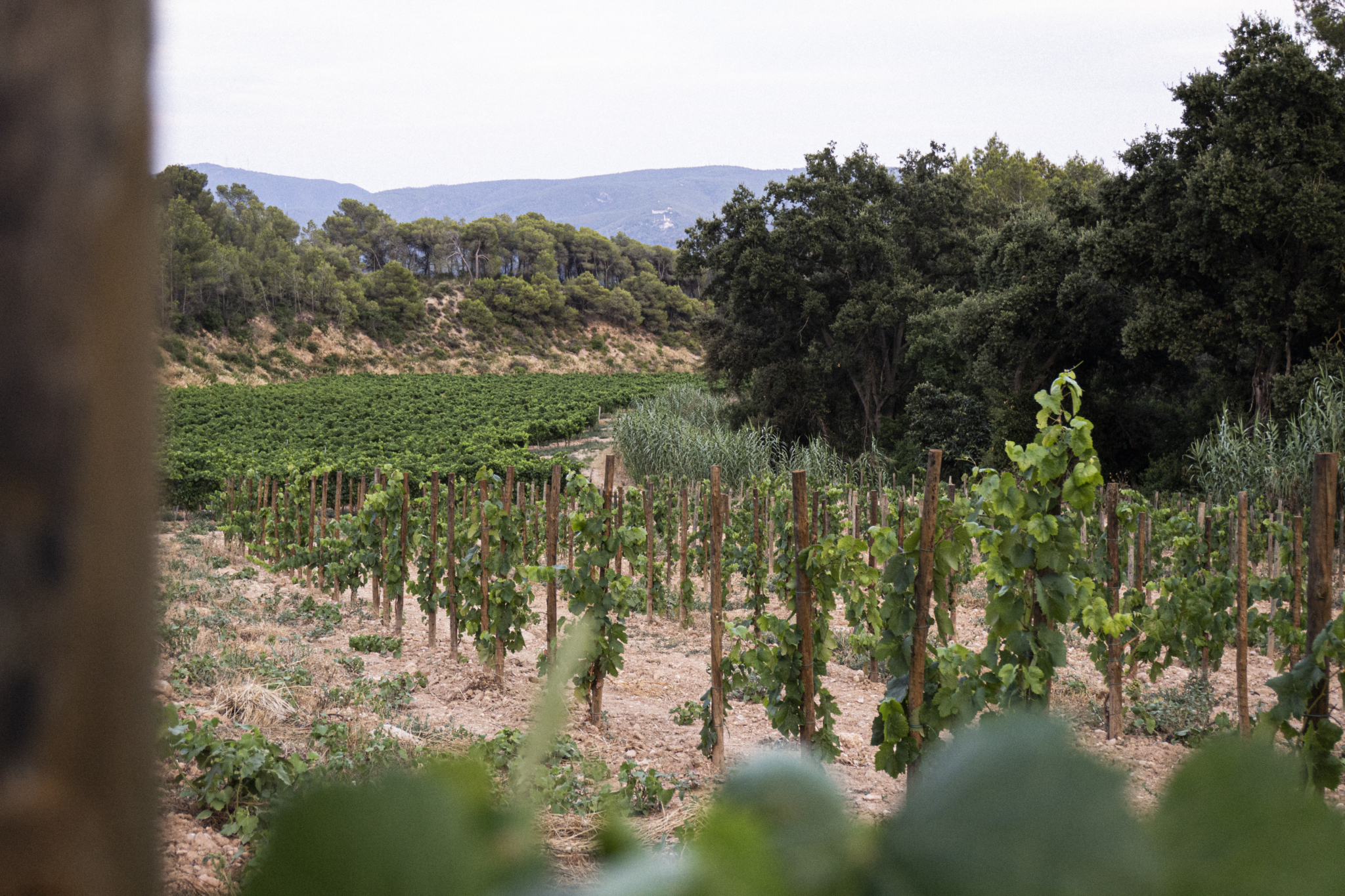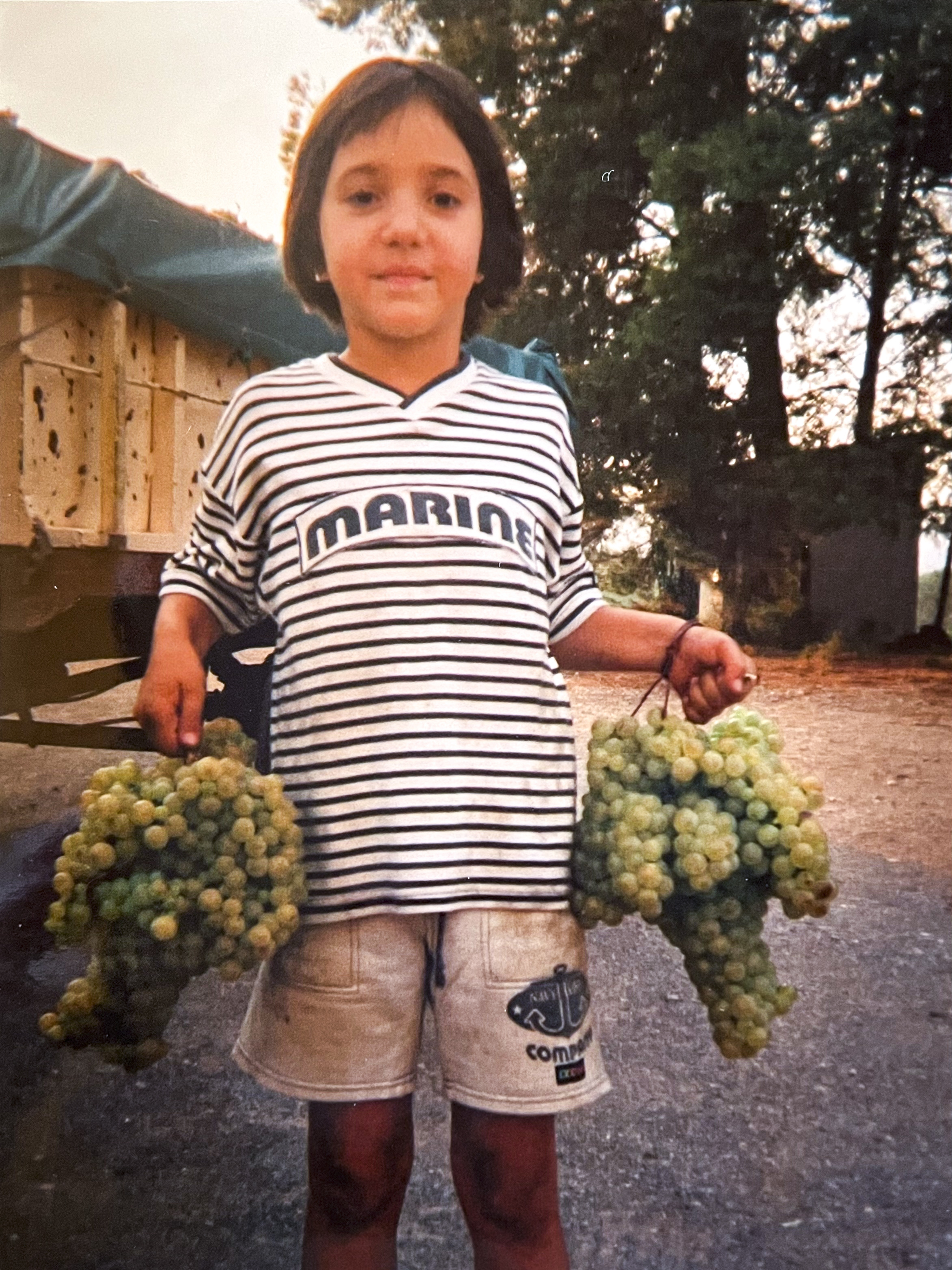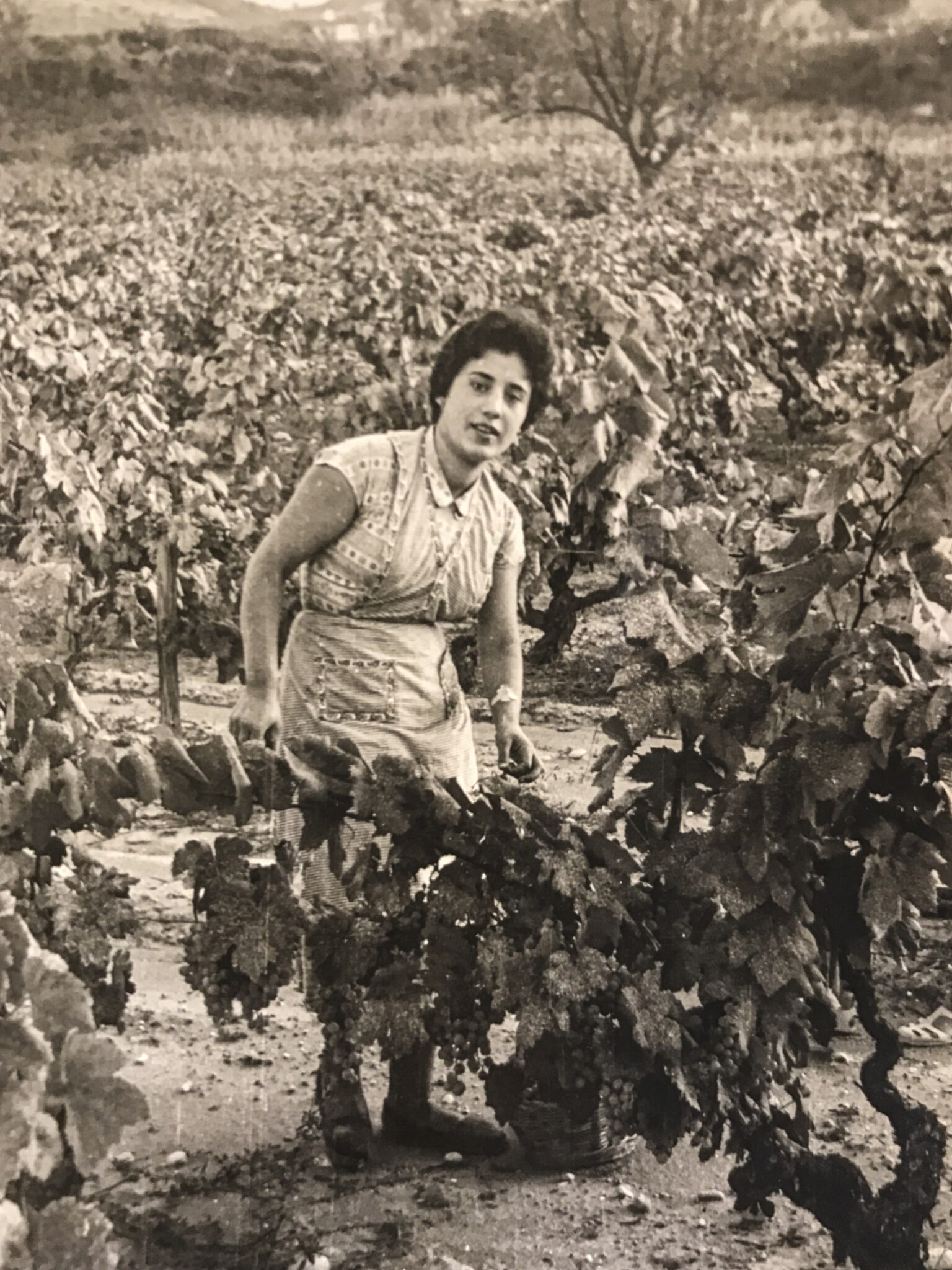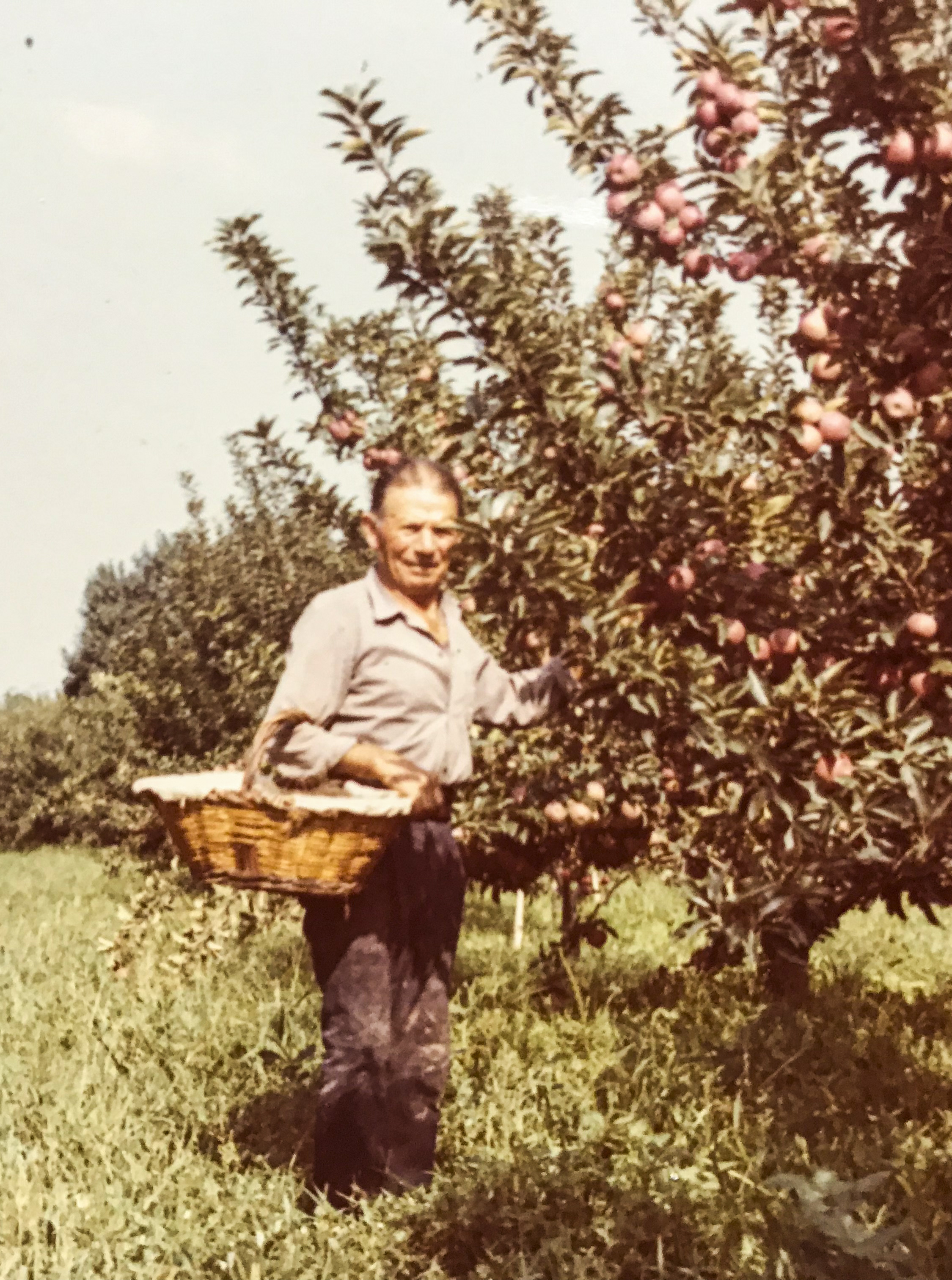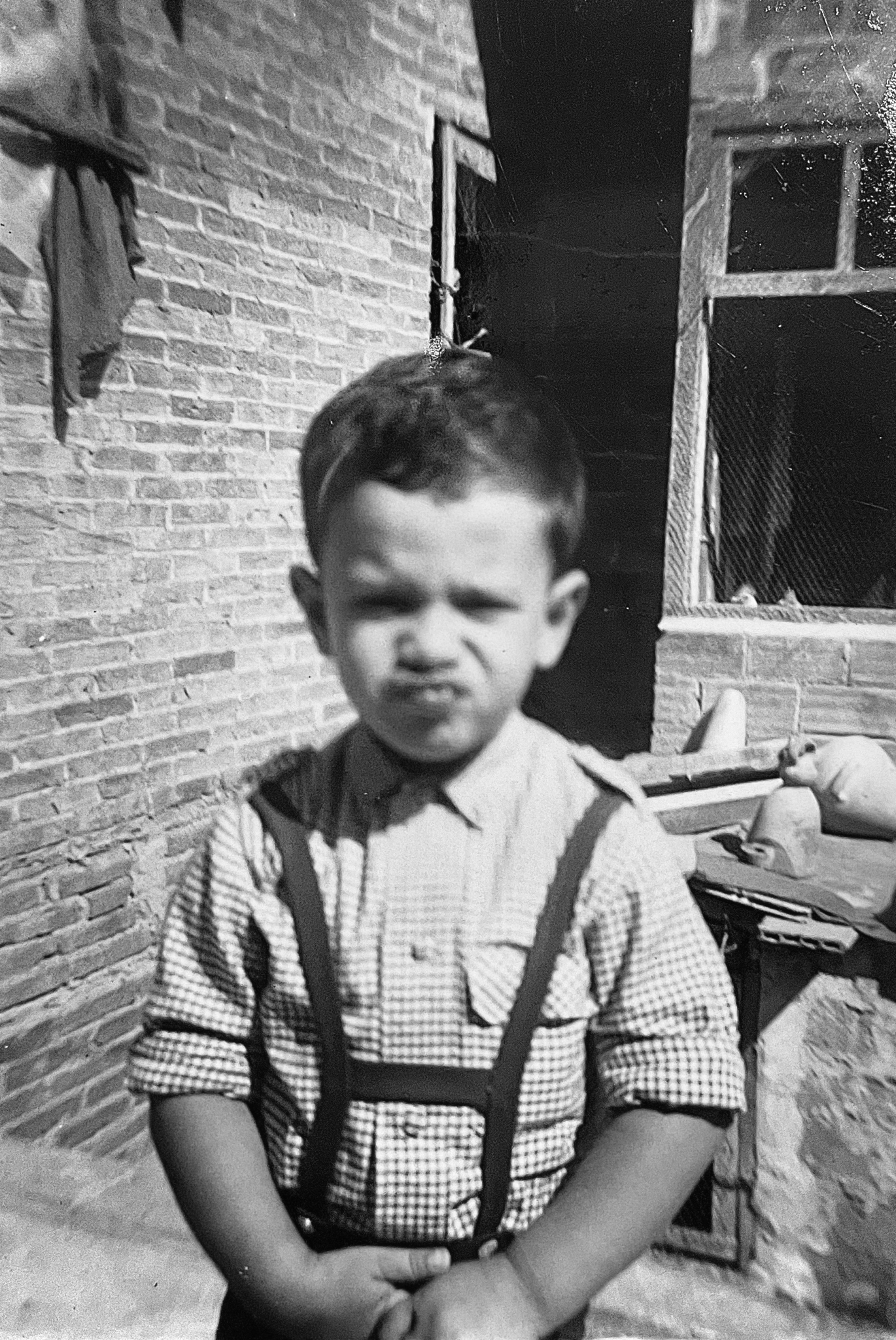
Character is not learned or taught. It comes with the land, the house and the name. We are people with a bit of character because, coming from where we come historically, we couldn't be any other way.
Stubbornness is a characteristic and intrinsic trait of the winegrower. And when we say winegrower, we are not referring to any folkloric caricature, but to Josep Pla's winegrower, who "will never be a farmer or a peasant, but a personal human figure, perfectly individualized and distinct. A winegrower is a winegrower and nothing more than a winegrower; a man who goes with his heart in his hand, earns his bread with the uric acid of the sweat of his brow, and leads a frugal, slow, simple and virtuous life. In this sense, being a winegrower is a very high honor".
It is not about remaining nostalgic for past times, nor about clinging to them for fear of change. Our stubbornness is not a delusion. It is about principles, about refusing to surrender to the loss of certain things, however insignificant they may seem; to know where we come from and act accordingly with what is inherited, the most authentic, even when no one is looking at us; to observe and intuit in the long term and to the right extent, without intervening too much; and to continue doing things with the same disposition as the rest of the Eugenis who inhabited this landscape long before us.
Being winegrowers and with character is also our way of looking at the world. We are fully aware that rushing does not make anything grow, but rather spoils it, and that not everything ripens at the pace of agendas or markets, nor do we pretend that it should be that way. We know that we need to observe ourselves long before intervening, that the excess of chemicals and machines —the excess of everything, in general, less work— disfigures things more than it improves them. We are convinced that what is worthwhile, always, always, costs. It costs a lot.
We carry all this in our blood. And we take it as it comes, like someone who inherits a vineyard that no one in their right mind would want to cultivate. But it is our vineyard. And that is why it is unique. Because there is no other like it anywhere else. This is where our character comes from. It is what it is. It cannot be learned or taught. It comes with the land, with the house and with the name. We are people with character because yes, by nature.
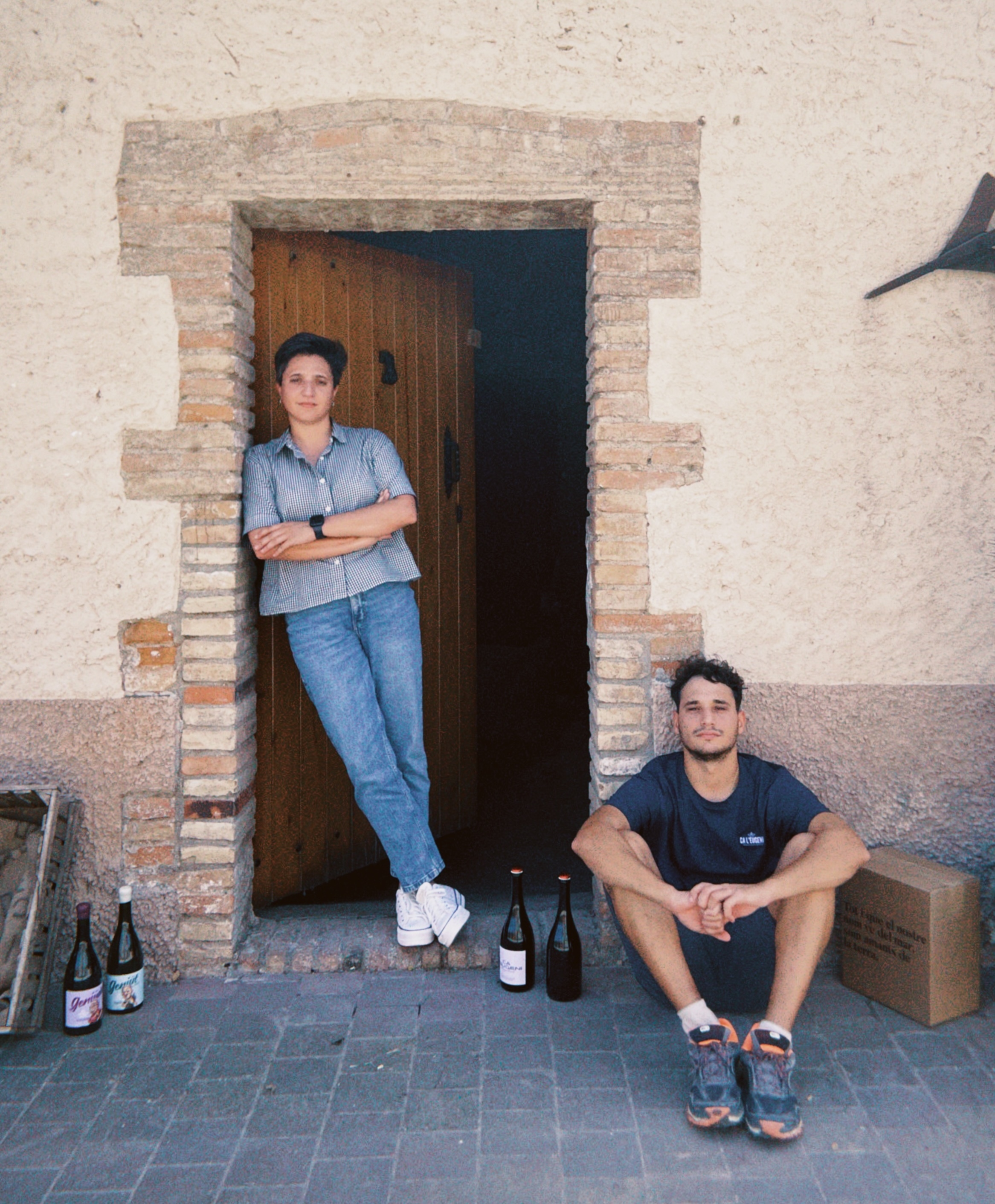
In 2017, after a moving experience making wines in California and a long stay working the vineyards of the Bordeaux Domaines, we came to have a revealing sense of lucidity about who we wanted to be and where we wanted our lives to go.
We are Laura and Geni, and we found this clarity of spirit after a harvest making wines in Napa Valley and practicing another form of viticulture in Saint-Jean-de-Duras. We flew far to return to our roots and understand who we were, what we wanted and what was really important to us. Being aware of this meant going beyond ourselves and realizing that we were part of a larger ecosystem. And this led us to change the relationship we had with the landscape and the way we looked at it, the way we practiced our own viticulture, the choice we made of the varieties with which we wanted to make our wines or how we understood that we had to preserve the winemaking legacy of the generations of Eugenis who preceded us. From this long and endless journey, our ideology was born.
We are driven by our own conscience and we do not blindly follow any ideology.
We are aware that we need a special sensitivity to understand each winemaking cycle, to accept it, to become aware of the poverty of our soils, of the bedrock that surfaces at all times and everywhere, of the drought that sometimes kills our vines and morale, or of the rain, which at other times brings us strength and vigor and mildew in equal parts. This makes it impossible to follow any dogma. Convictions must necessarily arise from observation and experience, which are shaped by the circumstances of the place and the vintage. This is how we conceive our work. For this reason, we work on a dry-land viticulture, austere and sustainable, focused on recovering the life of the soil, promoting biodiversity and helping each vine to earn the water and nutrients necessary to take root here. We believe that only in this way can we obtain free, authentic grapes with character, which is the maximum we aspire to in order to materialize our insignificant passage through this landscape.
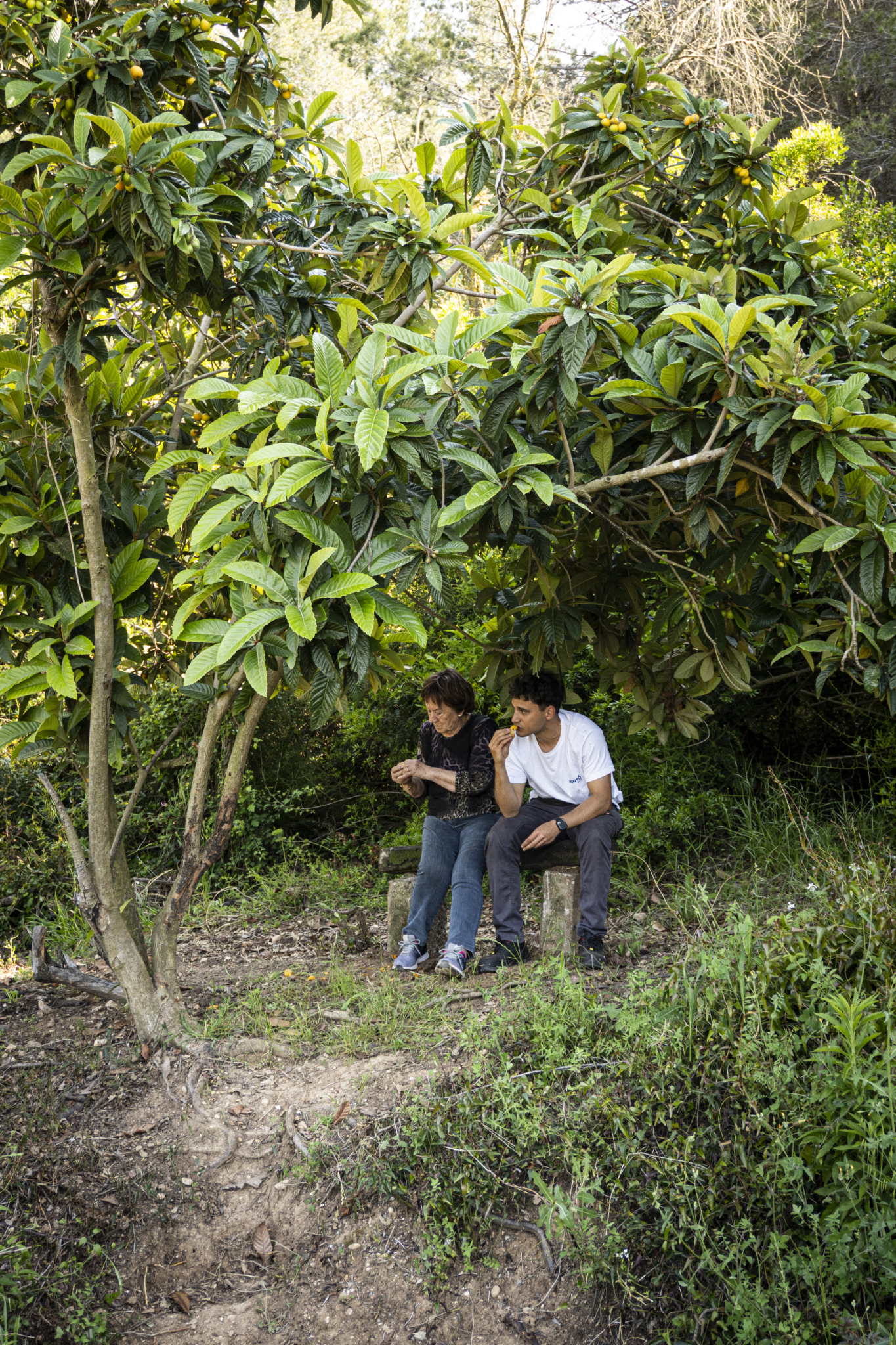
If we talk about character we have to talk about those of our home. Of our rustic and dry character. Geniüts and geniüdes of sorts. Rural to the bone marrow. Sons of Can Romeu dels Borrulls. We know perfectly well the bread that goes into growing grapes in this small homeland where the Costers del Riudebitlles kiss the Anoia River Basin.
With the desire to put down roots in one place and be able to earn a living only with what the land gives, at Ca l'Eugeni we have been refining the art of living in this small homeland that surrounds Can Romeu dels Borrulls for several generations. The vineyard, the two rivers, the banks, the paths, the streams, the village, have been the scene of this determination: to unite the rustic and dry character of the house with the delicacy that requires growing a vine and making wine from it. The titular alignment of the four generations of Ca l'Eugeni could well be explained by a great-great-grandfather heir to the Cuban War; great-grandfathers who made deals with one of the Seven Wise Men of Greece —or with the devil, depending on who explains it—; grandparents who showed us the land with their hands rather than with words; and our parents, who tried to get us out of the idea of being farmers and the two of us who didn't and didn't, geniuses of sorts.
What is our home, after all, but a storehouse of landscapes built with the gaze of all those who have lived there?
Rather than taking us far away in search of new horizons—which we also have—, wine has always and above all pushed us to look back home: to the mosaic of crops that coexist with the vineyard, to the small forest masses that surround us, to the two rivers that cross us like two cracks, to the animals that coexist with more or less goodwill with our farming. It is this landscape, lived and worked by generations of Eugenis, that ends up shaping our titular lineup: four Eugenis equal to each other, great-grandmother Teresina, grandmother Maria, Laura, and the bond they all have with this place.
Everyone is free to leave. We have been deciding to stay every day for ninety years.
